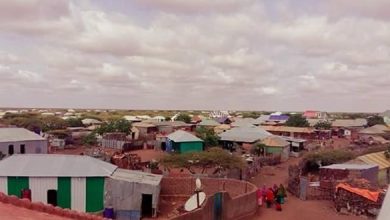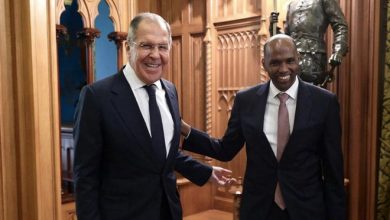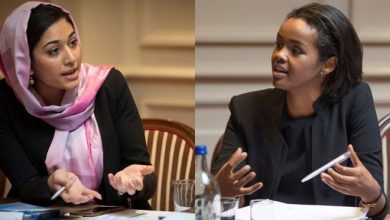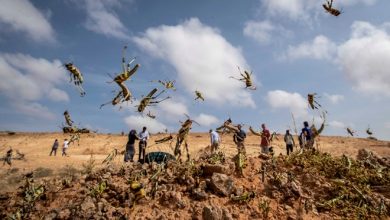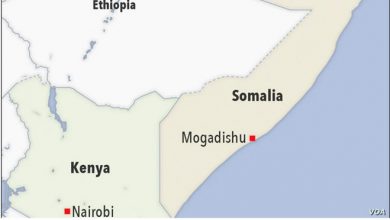Somalia Seeks Experts To Replace Old Currency
The Somali government is seeking the services of a Kenyan-based currency expert seconded by the International Monetary Fund (IMF) to issue a new currency to replace the current old one.
The Somali government is seeking the services of a Kenyan-based currency expert seconded by the International Monetary Fund (IMF) to issue a new currency to replace the current old one.
Officials told an IMF review team in a meeting last month in Nairobi that its central bank had endorsed the framework for the issuance of new currency and identified committee members who will support the process.
The new currency is set to help the Central Bank of Somalia to build up a reserve buffer in its currency as it looks to set up a central payment system and strengthen regulation of the country’s banking sector.
“As soon as the administrative framework for the project fund is set up, and the project funding is fully covered, we expect the IMF to assist us with a currency expert based in Nairobi to provide direct support to the Central Bank of Somalia and the currency reform project manager,” unnamed government official told the IMF.
“We have stepped up efforts to reach out to donors to raise the needed funds ($41 million) for this project and also reached out the World Bank for assistance on the project fund’s administration,” he added.
The first phase of the reform plan will see the Somalia government print 752.5 million new notes — starting with small denominations — which it will then exchange for the Somali shilling notes currently in circulation.
In the second phase of the currency reforms, the horn of the African state will print larger denomination notes and development of independent monetary policy instruments and reserve management guidelines.
The lack of secure currency and trusted payments system has made it difficult for Somalia to expand its growing business based economy.
Somalia has not issued official currency notes since 1991, but Sh4.1 billion ($41 million) donor-funded currency reform plan is set to account for more than 90 percent of the money in circulation in the country.
The country has been facing civil strife since the collapse of its central government in January 1991 but is now beginning to reform its governance under the federal government.
